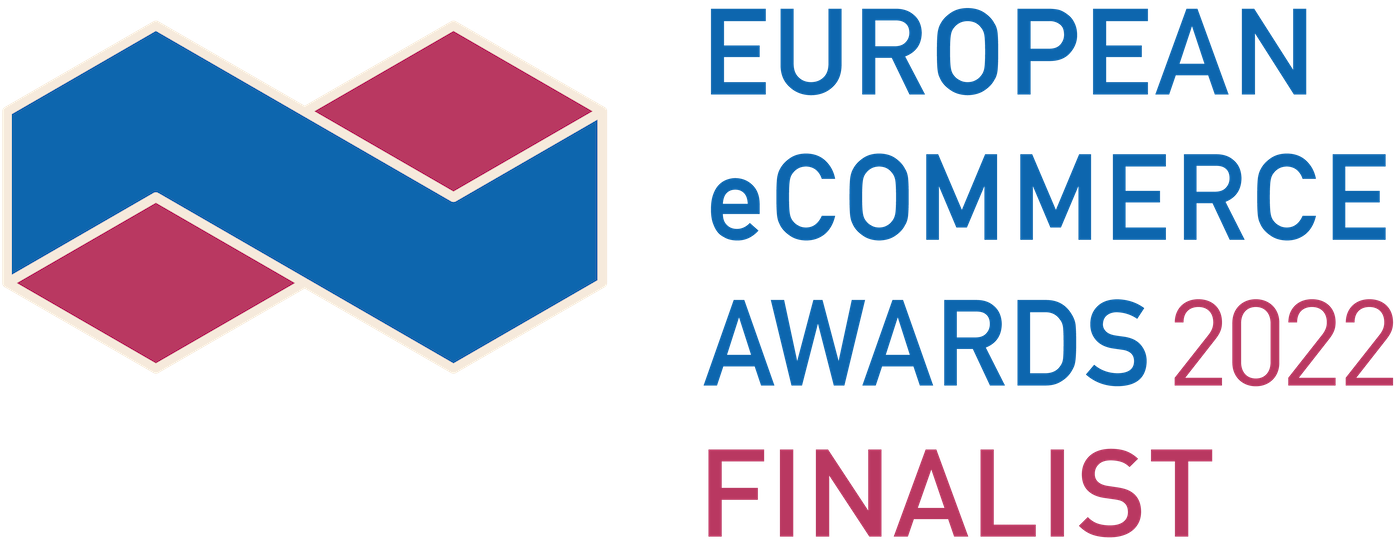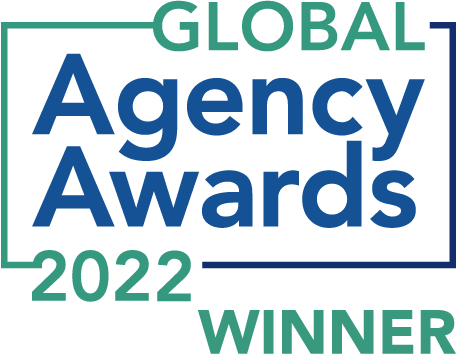Norwegian internet user profile
When it comes to SEO, Norway will be a demanding market. While planning a Norway-oriented SEO process, the very first thing you need to know is who is your average internet user and how many people have access to the Internet. The internet access prevalence exceeds 90% of households, with about 40% of broadband connections. In short, Norway, like other Scandinavian countries, is a pioneer when it comes to digitalization. Already the 2011 data showed over 3.5 million unique online users per over 5 million inhabitants. However, user demographics are quite surprising! In Norway, the largest group of Internet users are older people - 55 years and older. However, younger users - 15 to 24 years old - are the most active; this is the case in other European countries, too. What's essential for planning online marketing success in Norway, is that to purchase a .no domain you must be an owner of a Norwegian company with a special ID number. In short - no free trade for Norwegian domestic domains! On top of that, many Norwegian online services are paid-only, offering quality content to their subscribers. Both these points indicate to tight interest protection in Norway and inventive revenue maximization seeking.SEO - Norway Top Search Engines
As in most countries (Russia and the Czech Republic being notable exceptions when it comes to search engines) Google is Norway's search engine leader; almost 94% of Internet of users therein use google.no. Ex aequo right behind Google is local Kvasir and Microsoft Bing - about 3% of market share for both these search engines. Therefore, the SEO process needs to be focused primarily on Google, especially as Kvasir is not exactly "SEO friendly". There is also an insignificant percentage of Yahoo and AVG search engines users.
SEO Norway-tailored highlights
As a rule, SEO in Norway is not much different from the one tailored for other European countries, however, there are some interesting distinctions. First of all, the Norwegians pay attention to the visual aspect of the website - images seem to appeal better to them than text, which is why, layout optimization, including colors, UX, etc. needs to be the first phase of a new online marketing campaign. The next step will of course be keyword-oriented content optimization. Just as in the case of any other country, the keyword overkill needs to be avoided - it's the unique, high-quality on-site content that increases the conversion rate. Importantly, in the case of Norway local SEO is paramount. It's a very large country, divided into several areas differing e.g. in climate, terrain, and many other factors; those characteristics themselves can speak volumes about local industry opportunities. If you are targeting a wide audience, try to optimize your website for Oslo, Bergen, Stavanger, and Trondheim - these are the largest urban areas there. Backlinks and sponsored links campaigns cannot be overlooked, too - and the rules are pretty much the same for Norway as for any European country. The link building process is a must. It is worth noting, however, that Norwegians hate overt advertising - while this aversion applies more to outdoor advertising, the sentiment influences the virtual world, too. Both global and local keywords fare well in the Norwegian online market - hence SEO opportunities are vast there. However, mind that organic SEO in Norway is crucial - much more than in Europe and the USA. Organic SEO focuses on establishing high website rankings among search results; those are constant during the day and their visibility engenders substantial traffic. Organic SERPs are the actual search results - below the ads. The essential status of "organic SEO" is due to the fact that few Norwegian companies use PPC advertising. (source: www.mynewsdesk.com) as compared to Middle East countries, some significant googling differences can be observed. Norwegians prefer googling with single words or phrases over full queries such as "Why my washing machine doesn't work?"
SEO - Norway in comparison to other countries
Compared to countries like the USA, also some SEO differences can be highlighted. Those are mainly due to the smaller population and very few websites with national domains. For instance, Norwegian content is rarely scooped in bookmarking sites like Digg or Reddit, which is why Google does see Norwegian websites as a high priority. However, Big Brother's negligence has its advantages - keyword competition is relatively small, which makes the ranking race easier for the well-equipped.
Moreover, there are far less pages in Norwegian indexed by Google than in English, which makes it easier to secure higher SERP rankings for Norwegian keywords. The situation is additionally complicated by the fact that there are actually 3 Norwegian dialects in use, so a single query can be expressed in a number of lexical compounds. Norwegian Bokmål is the main spoken and written language, used by over 85% of residents; the 2nd - Nynorsk - is customary a written language and Samisk - spoken by about 30,000 people. Google, however, is not favorable to the Norwegian dialects, as its algorithms find it difficult to understand the intentions of the user. Often, in order to maximize SEO campaign ROI, it's better to leave the local dialect aside and focus on the most popular language variation instead.
Also, Norwegian online business directories submissions pay off. And here are the most popular 5:
However, mind that organic SEO in Norway is crucial - much more than in Europe and the USA. Organic SEO focuses on establishing high website rankings among search results; those are constant during the day and their visibility engenders substantial traffic. Organic SERPs are the actual search results - below the ads. The essential status of "organic SEO" is due to the fact that few Norwegian companies use PPC advertising. (source: www.mynewsdesk.com) as compared to Middle East countries, some significant googling differences can be observed. Norwegians prefer googling with single words or phrases over full queries such as "Why my washing machine doesn't work?"
SEO - Norway in comparison to other countries
Compared to countries like the USA, also some SEO differences can be highlighted. Those are mainly due to the smaller population and very few websites with national domains. For instance, Norwegian content is rarely scooped in bookmarking sites like Digg or Reddit, which is why Google does see Norwegian websites as a high priority. However, Big Brother's negligence has its advantages - keyword competition is relatively small, which makes the ranking race easier for the well-equipped.
Moreover, there are far less pages in Norwegian indexed by Google than in English, which makes it easier to secure higher SERP rankings for Norwegian keywords. The situation is additionally complicated by the fact that there are actually 3 Norwegian dialects in use, so a single query can be expressed in a number of lexical compounds. Norwegian Bokmål is the main spoken and written language, used by over 85% of residents; the 2nd - Nynorsk - is customary a written language and Samisk - spoken by about 30,000 people. Google, however, is not favorable to the Norwegian dialects, as its algorithms find it difficult to understand the intentions of the user. Often, in order to maximize SEO campaign ROI, it's better to leave the local dialect aside and focus on the most popular language variation instead.
Also, Norwegian online business directories submissions pay off. And here are the most popular 5:

Promote your business on social media!
As in the case of pretty much any country, brand building in Norway takes social media activity. The social media process is actually of great benefit for SEO, supporting the search engine optimization. The same is true for other Scandinavian countries. Considering that this is the area where most homes have internet access in the whole world, the hours that people spend browsing various social media channels shouldn't come as a surprise.- Facebook is a Norwegian social media leader. with about 61% of all Norwegian internet users active there, as the research has shown.
- Twitter, too, is becoming more and more popular in Scandinavian countries. In May 2012, 11% of Norwegian internet users had an account. Considering Twitter's growth since entering the Norwegian market, there should be about 30% of Internet users now.
- YouTube is the fourth most-visited website in Norway. Videos from the most popular channels have over 600,000 views, and these are: THLR.NO - where firearms are discussed, Chess.no - lifestyle channel and Telia Norge - featuring tech content.
- The next top player is LinkedIn - certainly the fastest growing social network in Norway. Back in 2012, over 600 00 Norwegians had an account.
- We cannot forget about Google+! Not massively popular in the Scandinavian countries, but crucial for search engine optimization in Norway, as Google crawlers considers websites with G+ business accounts more trustworthy. Curiously enough, the most Google+ users in this country are based in Oslo.
- biip.no - Tinder-like social network for teenagers If interested in a given person, you can communicate it with a like; no need to include them in your personal network of friends.

- underskog.no - a network focused on cultural events, featuring an event calendar as its core.
 Why do we discuss social media in a SEO-related blog post, anyway? The answer is simple - they are codependent. For digital marketing success, ever-higher Google rankings for the ever-bigger set of keywords are simply not enough. Building long-term and direct relationships with your customers, will not only support your SEO, but also bring additional traffic to our website, which will in turn convince Google about its trustworthiness. Mind only that it takes time to both develop an effective SEO and a solid social media presence. It's, however, totally worth it, as the results of this synergy are very tactile.
Why do we discuss social media in a SEO-related blog post, anyway? The answer is simple - they are codependent. For digital marketing success, ever-higher Google rankings for the ever-bigger set of keywords are simply not enough. Building long-term and direct relationships with your customers, will not only support your SEO, but also bring additional traffic to our website, which will in turn convince Google about its trustworthiness. Mind only that it takes time to both develop an effective SEO and a solid social media presence. It's, however, totally worth it, as the results of this synergy are very tactile.
SEO Norway opportunities - the top industries
Expats in Norway are fierce business-wise, seeking opportunities to increase their chances of succeeding. However, they often throw themselves in the deep end, trying to win the market with a product or service there's no demand for. The industries known for being rich in relatively safe business opportunities are:- construction - in Norway migrants do not only constitute a cheap manual labor workforce but also are one of the key exporters of high-quality building materials
- wood industry - 80% of Norway is forested, which is why wood is the most important export product
- furniture - modern and ergonomic furniture enjoy great popularity among Norway residents
- windows - while in Norway, notice the manufacturers' logos on the windows - in most houses the glass comes from other countries, e.g. Poland. Why? Import is much cheaper than buying a domestic product.
- IT - for developers, Norway-oriented IT outsourcing business plan has a generally positive outlook. Especially for developers from CEE countries (Central and Eastern Europe) rich in well-educated millennials who take IT services to a higher level of quality, at the same time offering competitive pricing.
- renewable sources of energy - Norwegians are famous for their care for the natural environment, which is why photovoltaics, solar thermal collectors and other renewable energy solutions enjoy great popularity in Scandinavia.



 (1 votes, average: 4.00 out of 5)
(1 votes, average: 4.00 out of 5)









